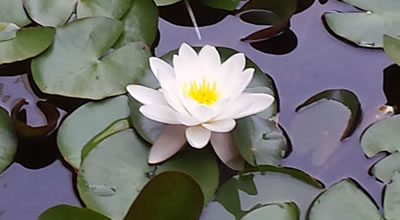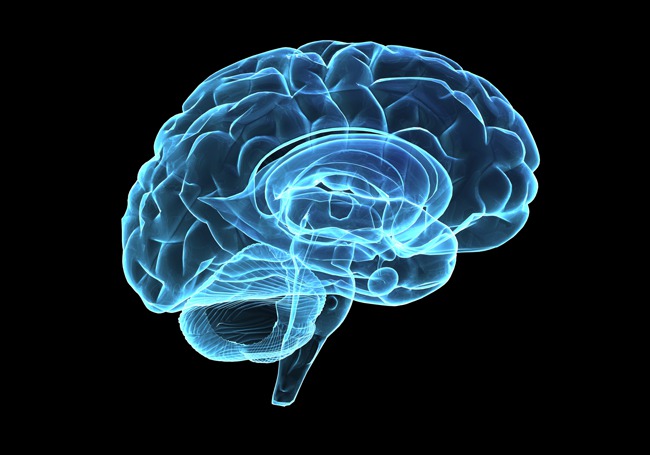The pursuit of happiness is an idea deeply embedded in the American psyche, stretching back to the Declaration of Independence. But the idea of happiness is often distorted in our culture. We are told that happiness is about getting things. The right job, the nicest home, the best car, the perfect partner, etc. Yet lasting happiness isn’t about these things. It’s about how we experience our lives internally; it’s about how we respond to the physical sensations, thoughts, and emotions of our daily existence. Mindfulness practice points to the very real possibility that happiness is a skill that can be trained. Whether we train ourselves in an 8-week class in mindfulness-based stress reduction, or in our daily sitting practice, opening to the experience of the present moment – no matter what it contains – allows us to digest experiences while letting go of the stories we tell about them. This capacity to allow things to be as they are leads to more ease, peace, balance, well-being, and a sense of the richness of our lives – surely qualities that we can include in any definition of happiness. 
Monthly Archives: March 2015
Why Mindfulness Will Survive the Backlash
An interesting piece from the Huffington Post. Apparently, 2015 is shaping up to be a year of backlash against mindfulness. But there’s no disputing the science.
“Despite the marketing of mindfulness as the latest hobby of the one percent, when it comes to the benefits of a meditation practice, the science is incontrovertible. A growing body of research unequivocally shows that a regular meditation practice is not only risk-free, but highly beneficial to the mind and body. Meditation has been shown to reduce symptoms of anxiety and depression, boost focus and improve sleep quality, among other benefits. And in just eight weeks, a meditation practice can create measurable brain changes in areas associated with memory, sense of self, empathy and stress.”
Full article is here.
Meditation Helps Preserve the Brain
“A study from UCLA found that long-term meditators had better-preserved brains than non-meditators as they aged. Participants who’d been meditating for an average of 20 years had more grey matter volume throughout the brain — although older meditators still had some volume loss compared to younger meditators, it wasn’t as pronounced as the non-meditators.”
-Forbes Magazine
The Breeze at Dawn
|
The breeze at dawn has secrets to tell you.
Don’t go back to sleep. You must ask for what you really want. Don’t go back to sleep. People are moving back and forth across the doorsill where the two worlds touch. The door is round and open. Don’t go back to sleep. -Rumi
|
Giving Yourself Space
Mindfulness is an act of self-care that gives us the space to feel what we are feeling and to know clearly how we are. The practice of mindfulness is simple, but it is far from easy. What we often discover when we pay attention in the present moment is our own pain and sadness and anxiety, our unhealthy habits of thinking and reacting, and our mind’s tendency to revert to auto-pilot mode. But as our practice deepens, we discover ways to be more fully present and awake for all our experiences, even the painful ones, in a way that puts us in alignment with life instead of in opposition to it. Even in the midst of a serious crisis, in the midst of heartbreak and fear, practicing mindfulness can help us live our life with more ease, flexibility, responsiveness, and wisdom.
